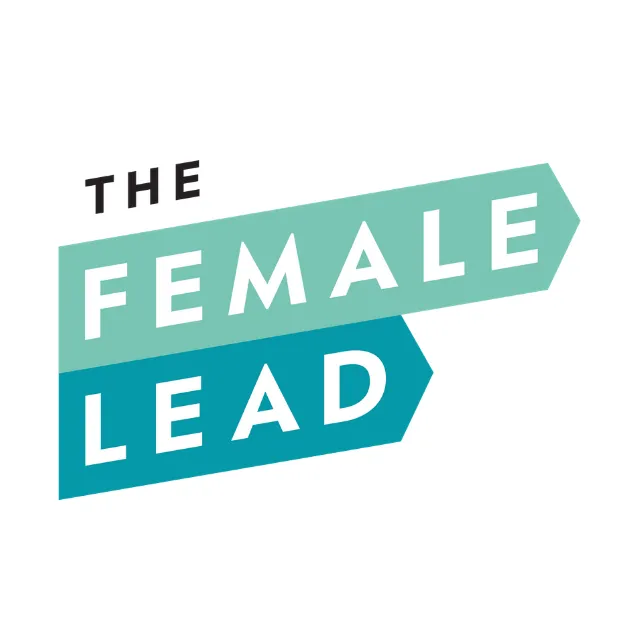Diversity, Inclusion and Belonging at Work Hub
Welcome to the Diversity, Inclusion and Belonging at Work Hub where you will find research and evidence-based resources to support diversity and create workplaces where people feel they belong.
Through applied research with organisational partners and collaborations we seek to understand how to improve individuals' workplace experiences and career progression, focussing on gender, ethnicity and social class.
Looking beyond 'tick box' exercises, training that focuses simply on 'awareness' of bias, or interventions that try to 'fix' individuals, we aim to identify systemic and cultural initiatives to improve diversity, inclusion and belonging at work.
Inclusive Feedback
Not all developmental feedback is created equal. Research by Dr Madeleine Wyatt, in collaboration with Dr Elena Doldor (Queen Mary University of London) and Professor Jo Silvester (Loughborough University), based on a computerized analysis of more than 1,000 pieces of written feedback identified four key ways in which feedback given to women tends to be less actionable and less effective than that given to men.
The research found that developmental feedback for women focuses on delivery rather than vision, coping with politics rather than leveraging politics, and collaboration rather than assertiveness. It also tends to present a lack of confidence as a fundamental shortcoming, rather than a specific skill that can be developed.
The researchers offer several strategies for managers to overcome their own (often unconscious) gender biases and help both their male and female reports achieve their leadership potential.
The COVID-19 pandemic accelerated the widespread adoption of hybrid working for office-based workers, transforming the availability of flexible working and changing the nature of day-to-day work for many people. Hybrid working is considered a game changer for underrepresented groups in the workforce, especially women. However, business leaders and researchers have already sounded the alarm about some of the potential challenges that hybrid working might surface for women.
In 2022, Dr Madeleine Wyatt, Reader in Diversity Inclusion and Leverhulme Research Fellow at King's Business School collaborated with The Female Lead on a multi-sector research study to dig deeper into the lived experience of hybrid work. Here are the links to the research report, which summarises the rewards and risks of hybrid work for women, an organisational toolkit to help remedy the risks and a guide for hybrid workers.
The research report, toolkit for organisations and work guide for hybrid workers can be found on the outputs tab.
If you would like to participate in the next stage of the research then please do contact maddy.wyatt@kcl.ac.uk
Our Partners
Principal Investigator
Affiliations
Funding
Funding Body: Leverhulme Trust
Amount: £58,463
Period: October 2021 - October 2023




